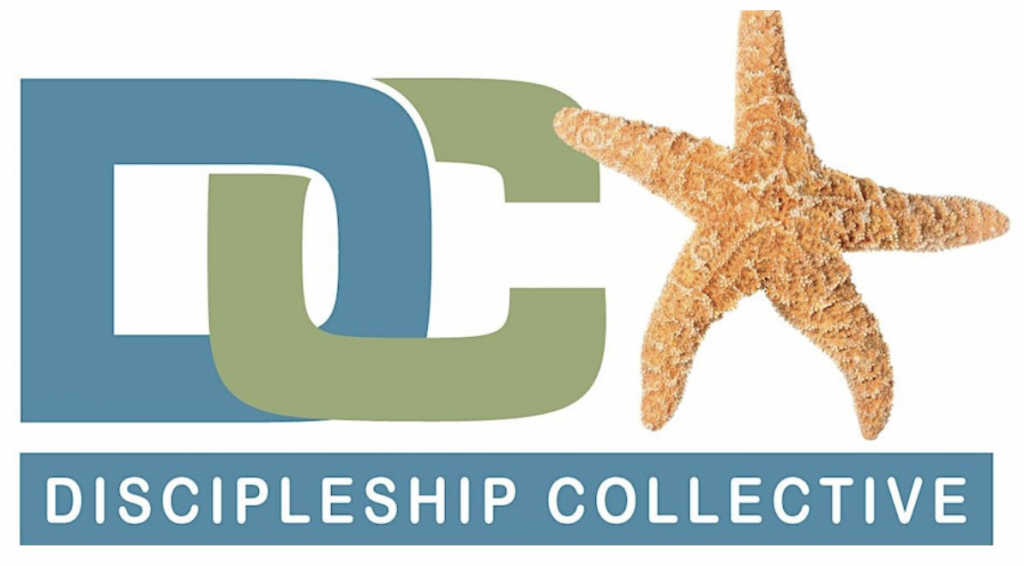If you have ever been in a ministry leadership position, you know the impact that your board has on your mission. The board is who you turn to when decisions need to be made. They are who you rely on when you are in times of crisis or uncertainty. A board is able to provide perspective outside of your own experience. They should challenge you, inspire you, and provide valuable insight into all essential matters. Putting together and leading a board well may be the factor that accelerates or impairs your mission.
I am so grateful for my InFocus board! The complexion of our board has morphed over the last thirty years; initially, my board was extremely diverse. Over time, it became more culturally homogeneous, and has since evolved once again to be more diverse. I’ve spent a lot of time and care finding the right members for my board based on the specific mission of InFocus and, today, I want to offer some tips to help you do the same.
- Clarify the purpose of your board
For the InFocus board, I have three main purposes:
- Guard the Vision – I wanted people who knew and understood my vision. I needed them to support and encourage this vision and keep the mission on track. The collaboration of well-chosen people will make the vision stronger.
- Wise Counsel – Even the wisest leader will have stumbling blocks and blind spots. We need the wisdom of others who can see what we miss or have experiences and skills we lack.
- Financial Oversight – It is always advisable to have other eyes on the finances of a ministry. Finances may not feel like part of the mission/vision, but the mission cannot happen without smart financial decisions–and the smartest decisions happen through collaboration.
Understanding and respecting the purpose of your board will help keep the time you spend together efficient and productive. Without a clear purpose, the board, and the mission, will lack direction and can easily fall apart. So before forming a board, consider what roles the board will play in the mission.
Reflection questions to narrow your focus:
- What is the function or role the board will play?
- What are your primary goals for the board right now?
- What long-term goals do you have for the organization?
- What is your role in relation to the board?
- What kind of people do you want on your board?
- Observe another leader interact with the sort of board you aspire to lead
This step is super important! By observing other leaders with their boards, you will notice things you want to adopt, other things you want to avoid, and questions you will need to answer. I remember observing a friend I shared office space with lead his board. It was such an impressive, organized, and effective board meeting. I left that meeting thinking that I needed to implement what I saw. However, when I got back to my ministry it was noticeable how differently we were structured. He had a working board that met monthly so that they could help him deliver regular training events, which kept each of the 12 board members engaged and active. I tried this for a season but quickly realized the rhythms and expectations I had for my board members were different – not better or worse, just different! This was a helpful exercise to discern what I wanted my board to do and what the board was not expected to do.
- Find the right people for your board
Now that you know the purpose of your board, what sort of people will help achieve your goals and stay true to your vision? What skills and experiences are needed? Some leaders may want a board to offer support and encouragement; they might seek like-minded thinkers. Others might thrive on being challenged by people they respect and will look for people who will push back and offer different opinions. I have found that the most effective board for InFocus has diversity.
When looking for diversity in your board, here are some things to consider:
- Age, background and culture – My current board now consists of men and women ranging in age, ethnicity and cultural background: Dr. S has diverse professional background in technology and ministry and speaks four languages; Traco Matthews is a social justice activist; and Willita Sanguma is the Founder and Executive Director for The Lobiko Initiative, a nonprofit organization that identifies, invests, and partners with individuals and grassroots organizations in economically marginalized communities. If you want to learn more about the InFocus Board – CLICK HERE.
- Theological orientation – This will depend on the purpose of the board and the goals of the mission. If you are creating a board for the ministry in the community in which you serve, it makes sense to have a board representative of that demographic. Are you working in a community with diverse ideologies? You may want to recruit a board from multiple denominations and philosophies to speak for the people of this community. However, if you are strictly working with a single denominational group, you will probably want a majority of your board members who belong to this denomination.
- Skill sets / Experience – I have had so many incredible people on my board that have offered unique skills. Just a few examples: Linda Miller has experience coaching in the corporate world; Jeff Spout is a school superintendent; Steve Hart is an accountant by training. All of these people have brought their specific skills to help support and grow InFocus into what it is today.
- Personality types – When creating a board, it is helpful to understand how each individual operates and what they offer personally. Are they a peace-maker or a challenger? Are they open-minded or close-minded? Are they an idealist or a pragmatist? Do they think in terms of the big picture or are they detail-oriented? A board filled with stubborn challengers will struggle to accomplish anything when they disagree. Conversely, a board may become stagnant without anyone to challenge ideas.
- Expertise – One of the areas I wanted to grow in my leadership was to initiate and grow an affiliate status with like-minded leaders who wanted to grow their coaching and training platforms. With that in mind, I approached a previous client who had done this in a previous ministry. David McDaniel is the founder of the Northpoint Partnership Group and helped me create InFocus Affiliates in a way that honors the mission of the organization while serving the affiliate. David had unique experience that I gleaned and helped me advance the vision I had for affiliates.
Deciding on the Degree of Board Involvement
This is perhaps the most important decision you need to make about your board. Among the five board types below, which does your board align with most along a continuum of least to most involved?
- Passive Board
- Certifying Board
- Engaged Board
- Intervening Board
- Operating Board
Do you want to take your team on the disciple-making journey together? The Discipleship Collective helps you mobilize other disciple makers. Take the Disciple Maker Quiz to discover the habits in which you are excelling and the growth points on which you need to focus. Then invite other members of your team to join you. It’s FREE and you can use it as often as you like!
If you want your team to be better equipped to make disciples consider the DISCIPLESHIP COLLECTIVE.

Photo by S O C I A L . C U T on Unsplash

